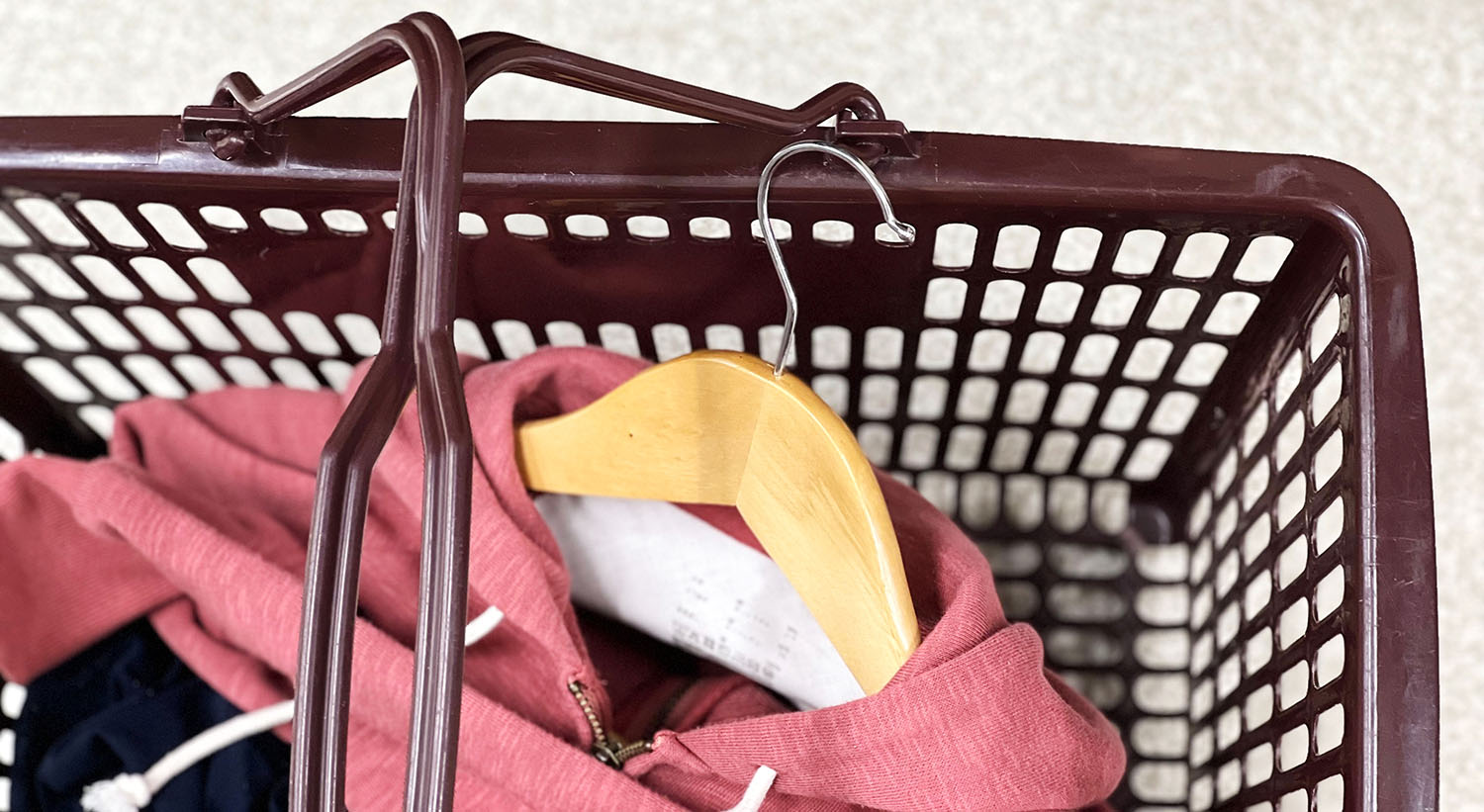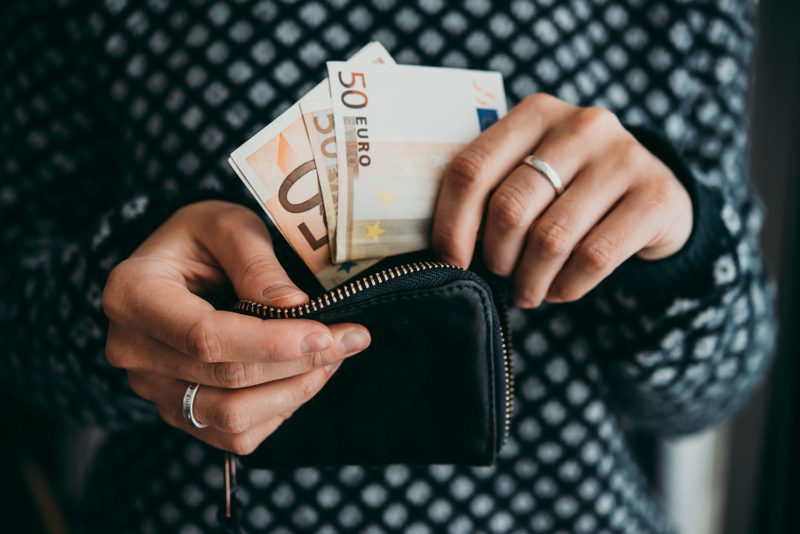

Ant expenses: what are they and how to avoid them?
Learning to manage how we spend our money is paramount when it comes to reducing household expenses, and small outlays can end up weighing down our finances more than we realise.
The Scottish-American businessman Andrew Carnegie (1835-1919) formulated the old saying: “Take care of the pennies and the pounds will take care of themselves“, to remind his employees of the need to control small expenses. Even so, these small outlays can end up weighing down our household finances.
We refer to as ant expenses to a series of small payments for services or products, sometimes unnecessary, that we make on a daily basis, almost unconsciously, but which little by little reduce an important part of our budget at the end of the year. How many times have we asked ourselves: “Where have I spent all my money on this month?
Normally, we don’t pay much attention to these everyday expenses because of their relatively low cost, but identifying and reducing them can mean the difference between not making ends meet, or having a budget that allows us to save and go on holiday.
Reducing invisible expenses
We are all aware of the costs of electricity, telephone, gas, and water bills and take them for granted. Even so, out of laziness, or to avoid problems, we rarely consider changing suppliers to reduce the price of the monthly bill. A small effort that could mean hundreds of euros saved at the end of the year.
Coffee, croissants, the lunch menu, are small treats that make our day, but a perfect example of micro-expenditure, although not always dispensable, that we can reduce the cost of. Bringing home-cooked food or shopping at the supermarket instead of going to the pub every day only saves a few euros a week, but you will no doubt be surprised at the savings you can make by calculating how much these micro-expenses add to your annual bill.
Bank charges and credit card fees are expenses that we don’t give much thought to, but they add up. Some banks take advantage of the fact that these small fees will not be seen or claimed by customers. Reducing or eliminating the number of credit cards, and opting for a deferred payment method at the end of the month that avoids paying interest, are options that only require a minimum of effort on our part.
Change consumption habits
Looking at everyday shopping, comparing prices between establishments, or taking advantage of offers can save us a significant amount of money, but changing our consumption habits is equally important. Not buying bottled water, which is often overpriced, and drinking tap water or using filters can save us a considerable amount of money while at the same time helping to reduce plastic waste in the environment.
Still, how often do we take the car for short distances? And how much time and money do we waste looking for parking? Perhaps we can consider whether a walk, taking public transport or using a bike is more appropriate for some of these journeys. Our wallet, our health, and the planet will thank us for it.
Rethinking our consumption habits and reducing our expenses does not have to lead us to live a monastic life of austerity, on the contrary, it can help us to have a good budget to enjoy the whims that enrich our lives, while eliminating expenses that make it more difficult for us.
If you want to wash your clothes without polluting the planet, 11Onze recommends Natulim.
Leave a Reply
You must be logged in to post a comment.





👏
Gràcies, Daniela!!!
Certamen molt bons consells.
Gràcies!!!!!!
Tot suma, Manel! Gràcies pel teu comentari.👍🏾
Merci pels consells👍
Cal anar canviant d’hàbits, Jordi. Entre tots hem d’aconseguir nous hàbits de consum per poder tenir un món més sostenible. Seguim!😉
👌
Gràcies, Joan!